We Don’t Give Students Voices, They Have Voices

“We’re the ones in the classrooms, why not ask us?”— A common refrain, we at the Nellie Mae Education Foundation, hear from the young people we’re working with around New England. We believe that when students are actively engaged in their learning, and given a voice in their communities to affect change, schools and communities… Read More ›
The ‘Minecraft Effect’? Educators Hope to Move Students From VR Consumption to Creation

This short article shares ideas about where the future of augmented and virtual reality (AR/VR) might be heading. Using his observations from presentations and exhibitions at SXSWedu, the author makes the claim that new AR/VR technologies may become more immersive for students, creating classrooms and lessons where students take the lead rather than just “consuming the… Read More ›
3 Ways to Implement Blended Learning In The Classroom
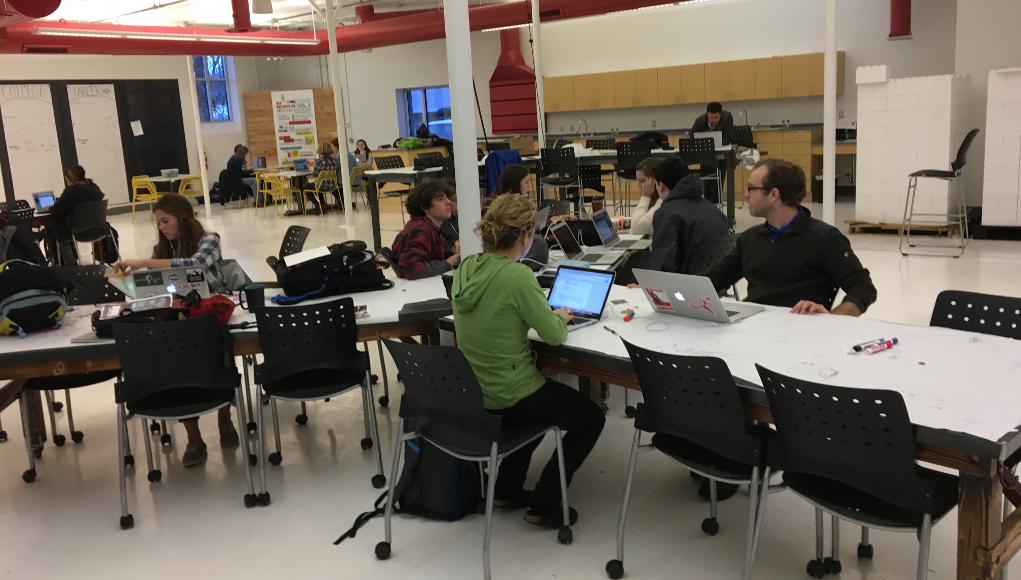
This article, written by a classroom teacher, explores different ways to use technology to “blend” learning. The technology tools she shares can be used to create innovative learning experiences beyond the school day and open up time and space for deeper learning in the classroom. Topics include game-based learning and technology-based alternatives to homework. She provides tips to… Read More ›
A School Leader’s Student-Centered Resources for Next Gen Educators (Part 1 of 3)
This is the first installment of a three-part series. Be sure to check out part 2 and part 3, available now. What does an actual school leader use to inform their work as they implement student-centered practices, instruction, and professional development for their staff? This Student-Centered Learning Podcast series gets to the heart of this very question… Read More ›
Empowering Advocates for Educational Transformation

This was originally posted by Nellie Mae Education Foundation on Medium on April 4, 2017 . Introducing the 2017 Nellie Mae Education Foundation Speakers Bureau All too often, those most directly involved in and affected by our education system are ignored or silenced. At the Nellie Mae Education Foundation, we believe that these voices are… Read More ›
Relationships Bloom When Students Are Seen and Heard

This article, written by educators in Cherry Hill Public Schools in New Jersey, makes a case for the importance of student voice, and discusses how their district amplifies it. Some of these tips include starting activities like student-led town hall meetings, and establishing strong relationships through positive recognition programs. The article also shares feedback on how… Read More ›
How Baltimore CPS Used Communications Strategies to Create Personalized Learning Buy-In
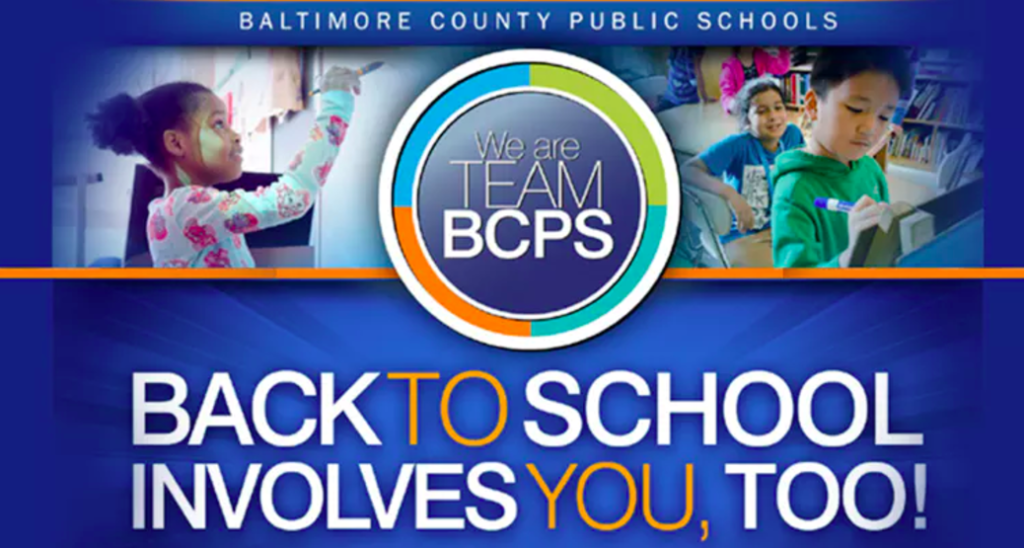
This article explores how Baltimore County Public Schools (BCPS), prioritized and designed a communications strategy to bring together students, teachers, and families around personalized learning. By working to build authentic relationships, their communications strategy went beyond just sharing updates with families and teachers. In addition, BCPS used stories of both triumphs and failures to make communication about… Read More ›
Let’s Celebrate Personalization: But Not Too Fast
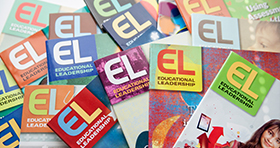
This article, from Educational Leadership Magazine, is an illuminating probe to reassesses what personalized learning truly means. It discusses what a shift to personalization will actually take in terms of mindsets, resources and time. It explores provoking questions such as: How will old and new paradigms coexist? What supports will teachers need? What aspects of your educational… Read More ›
S’Cool Tools

Each week, EdSurge features 2-3 of the latest education technology tools developed for schools and learning. Many of the tools have been recommended for inclusion by teachers. Posts include a short description, information about pricing, and links to additional articles often written by teachers who have used the tool. Many of the tools featured are free… Read More ›
Why Engaging Parents Matters: Maloney High School
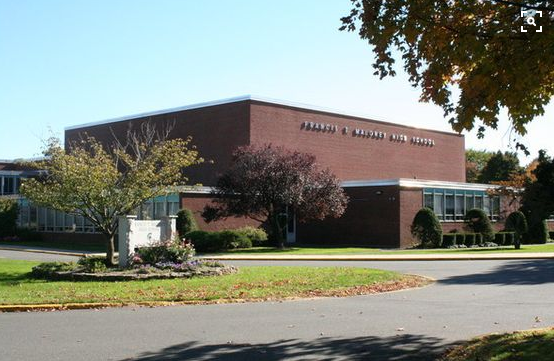
Research suggests that when schools partner with and engage parents to understand and stay involved in their child’s learning experiences, the parents are more likely to support district innovation, and students tend to have better academic and social outcomes.[1] Francis T. Maloney High School in Meriden, Connecticut, held its first “Parent Walk” earlier this year,… Read More ›
SXSWedu Resource RoundUp
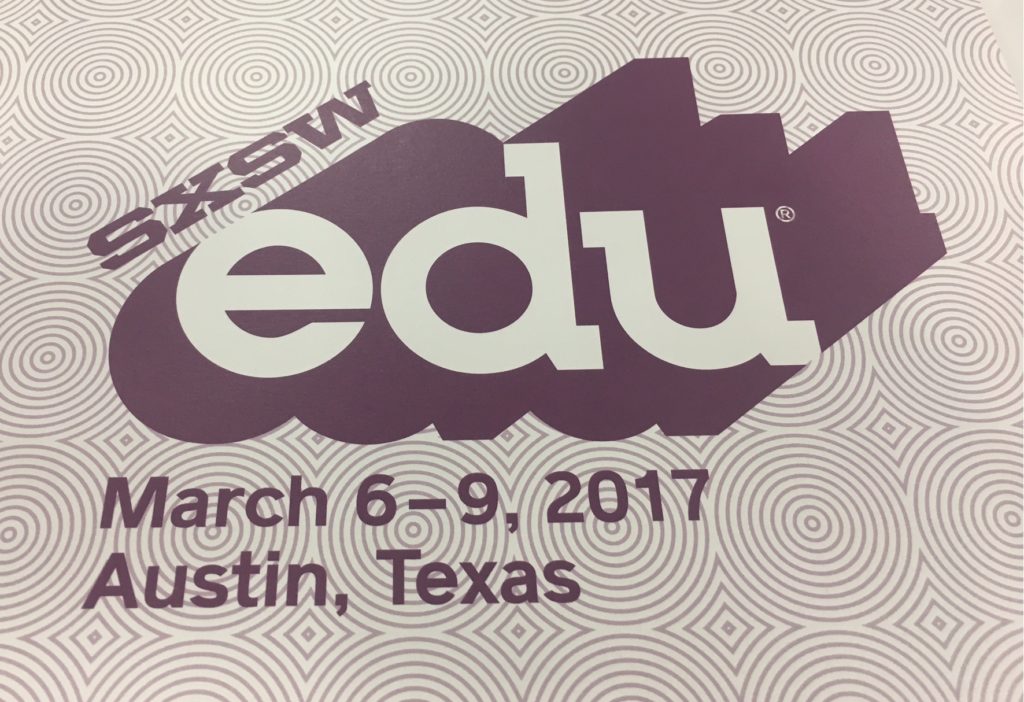
Last week, some of us from the Students at the Center team traveled to SXSWedu, an annual conference that draws thousands from the education and technology fields to discuss education challenges and solutions. Three keynotes and over 20 sessions later, we heard speakers and panelists –educators and education professionals, entrepreneurs, students, and policymakers –bring the… Read More ›
Maine: Making the Most of High-Leverage Strategies

This article provides an overview of the progress the state of Maine has made towards competency education. It outlines the steps taken to build school capacity and public and policy support for student-centered education. These steps resulted in the 2012 passage of Act LD1422, which requires districts to begin awarding proficiency-based diplomas. It reviews the implementation timeline… Read More ›